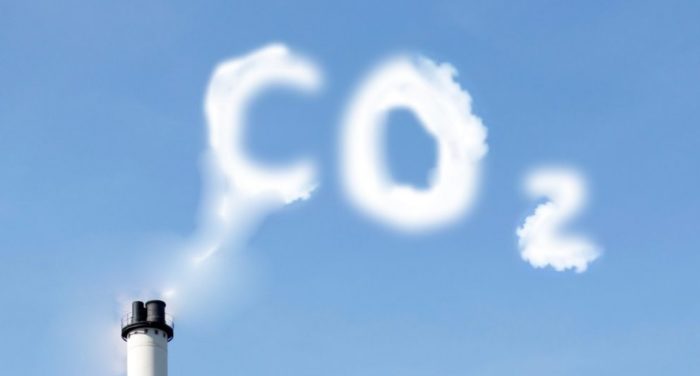In light of United Nations summit to reduce GHG emissions in the shipping industry, Catholic institutions that are connected to the oceans are announcing their divestment from fossil fuels. These include institutions in Panama, the world’s largest shipping registry, the Philippines, home to the largest group of seafarers, Greece, the world’s largest shipowning nation, and port cities across Europe.
The announcements took place at a Vatican-convened conference ‘The Common Good and Our Common Seas’.
The Catholic conference is in line with the highly anticipated meeting of the IMO and the UN, aiming to the environmental protection of the shipping industry.
Divestment from Catholic institutions signals a high standard of ambition for the IMO meeting, which begins 13 May.
The Catholic institutions making announcement of divestment from fossil fuels include the following:
- The Archdiocese of Panama, home of the world’s largest shipping registry. Over 40% of the entire annual cargo of the shipping industry consists of fossil fuels, and Panama is the flag state for a quarter of the world’s “dry bulk” ships–the carriers of the global coal trade. Despite the Panama Canal facing increasing financial costs from climate change, Panama’s delegation to IMO resisted CO2 targets for shipping, and tried to block reforms aimed at bringing more transparency to the organisation.
- Caritas Philippines, the Church’s development and advocacy arm in the Philippines, where divestment from fossil fuels will help protect the millions of Filipinos who are vulnerable to sea level rise. Filipinos estimate to be the 25% of the world’s 1.5 million seafarers. Out-at-sea ships run on the dirtiest of all oil products, heavy fuel oil, which contains up to 3,500 times the sulphur content of road diesel.
- The Dioceses of Naples, Civitavecchia-Tarquinia, Savona-Noli, and Siracusa, Italy, important ports for both shipping and transportation, where divestment will help protect residents who are vulnerable to excess mortality due to air pollution. Cruise ships arrive daily in Naples and Savona. Civitavecchia is the main entry point for cruise tourists to Rome, and living near its harbor has been associated with higher rates of lung cancer and neurological disease. Siracusa is an important port for oil shipments from a nearby Exxon-Mobil refinery.
- The Catholic Church in Greece and the Archdiocese of Malta, key entry points for migrants from Africa, where divestment will help protect those who make a dangerous journey from more intense storms. Greece is the largest shipowning nation in the world.
The Common Good and Our Common Seas conference was convened by the Dicastery for Integral Human Development, the Vatican’s social and environmental ministry, with participation from a coalition of leading Catholic groups.
Speakers included Vatican representatives and Simon C. Bergulf, the director of regulatory affairs for A.P. Møller–Maersk, the world’s largest container shipping company.
Mons. José Domingo Ulloa Mendieta, Metropolitan Archbishop of Panama commented
The Archdiocese of Panama–the first archdiocese in the Americas to divest and the first from the home of the world’s largest shipping channel–announces its willingness to start a pastoral work in favor of integral ecology.
Concluding, Tomás Insua, Executive Director of Global Catholic Climate Movement, a convener of the conference, reported that the Catholic Church isn’t waiting for climate justice.































































